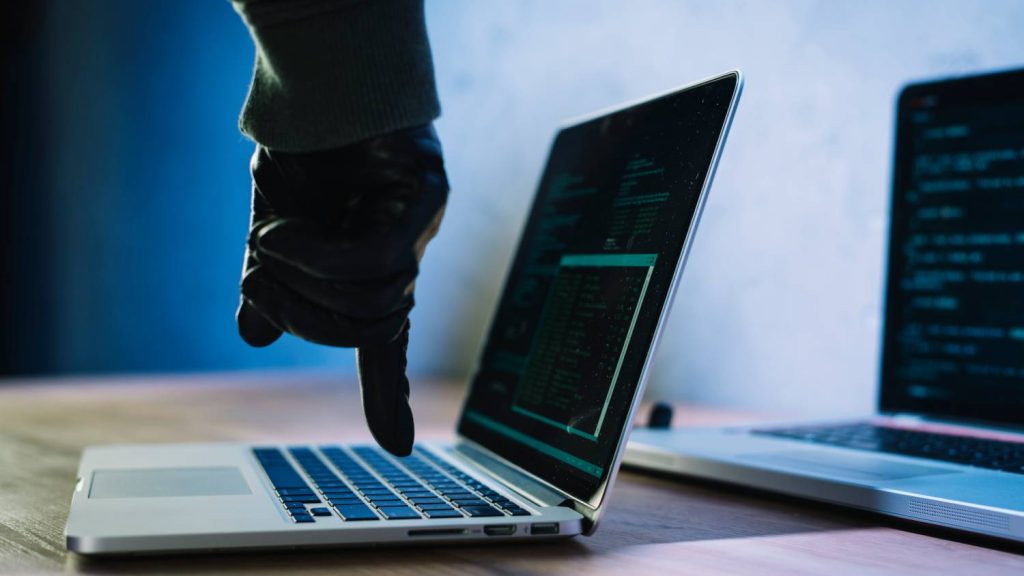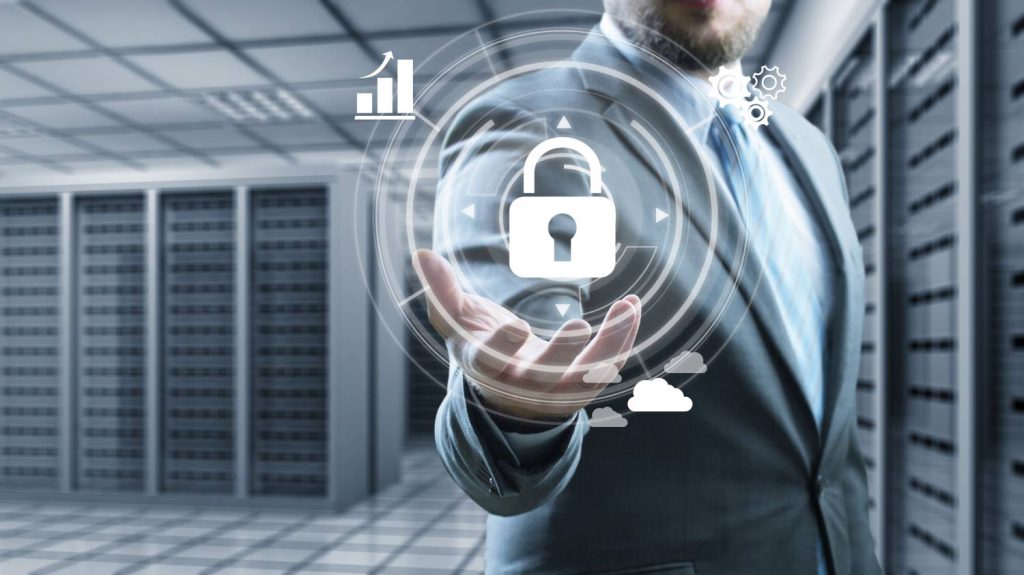Cyber Attacks
If you read this entry, the first thing that comes to mind is surely: but what is this guy going to tell me now? The same thing again?
I hope that reading leads you to change that impression and, if that is your case, at least Take this into account when designing your crisis management committees or teams.. In case you're waiting for it, I'm sorry I won't go into technology issues.
Everyone knows that in the digital age, information security has become a pressing concern for companies. Given the possibility of suffering a cyber crisis, the way in which manage people and report these incidents It can make the difference between the success and failure of an organization.
The communication section is usually taken into account when designing crisis management committees, but the management, especially emotional, of people is usually the great forgotten. I will try to explain that both are relevant and that there is a close relationship between them.

Thus, I am going to allow myself to point out some questions about the vital role that perform the communication professionals and the People Management during a cyber crisis, highlighting cases of good and bad communication management and modestly proposing activities, attitudes and countermeasures (which, by the way, is a word we really like) to improve the communication process.
Effectively managing communication in a crisis context has to affect, at least,:
(1) The reputation of the organization as a valuable asset.
(2) Tranquility and management of uncertainty of the stakeholders, which has to do with the emotional side of people.
(3) AND to the duty of due diligence of business government. It is not, in my opinion, a trivial question.

It makes sense, therefore, to take into account when designing crisis management committees in companies, to include profiles such as:
- Communications Manager: A communications expert can be in charge of communication strategy and execution during a security incident. This person must have skills in public relations, crisis management and effective communication. Their main function is to ensure that information is conveyed in a clear, accurate and timely manner to both internal and external stakeholders.
- Stakeholder Relations Specialist: This professional is responsible for establishing and maintaining strong relationships with key stakeholders, such as customers, suppliers, regulators and authorities. Your goal is to ensure that stakeholders are informed about the incident, respond to their questions and concerns, and maintain fluid and transparent communication. They should have negotiation, empathy and conflict resolution skills.
- Media Relations Manager: If the organization faces significant media coverage during a security incident, it is important to have a media relations expert. This person can manage relationships with journalists, provide official statements and coordinate interviews. They should have skills in public relations, crisis communication and media management.
To learn everything you need to develop effective plans, consider our Professional Master in Cybersecurity Management, Ethical Hacking and Offensive Security.


































